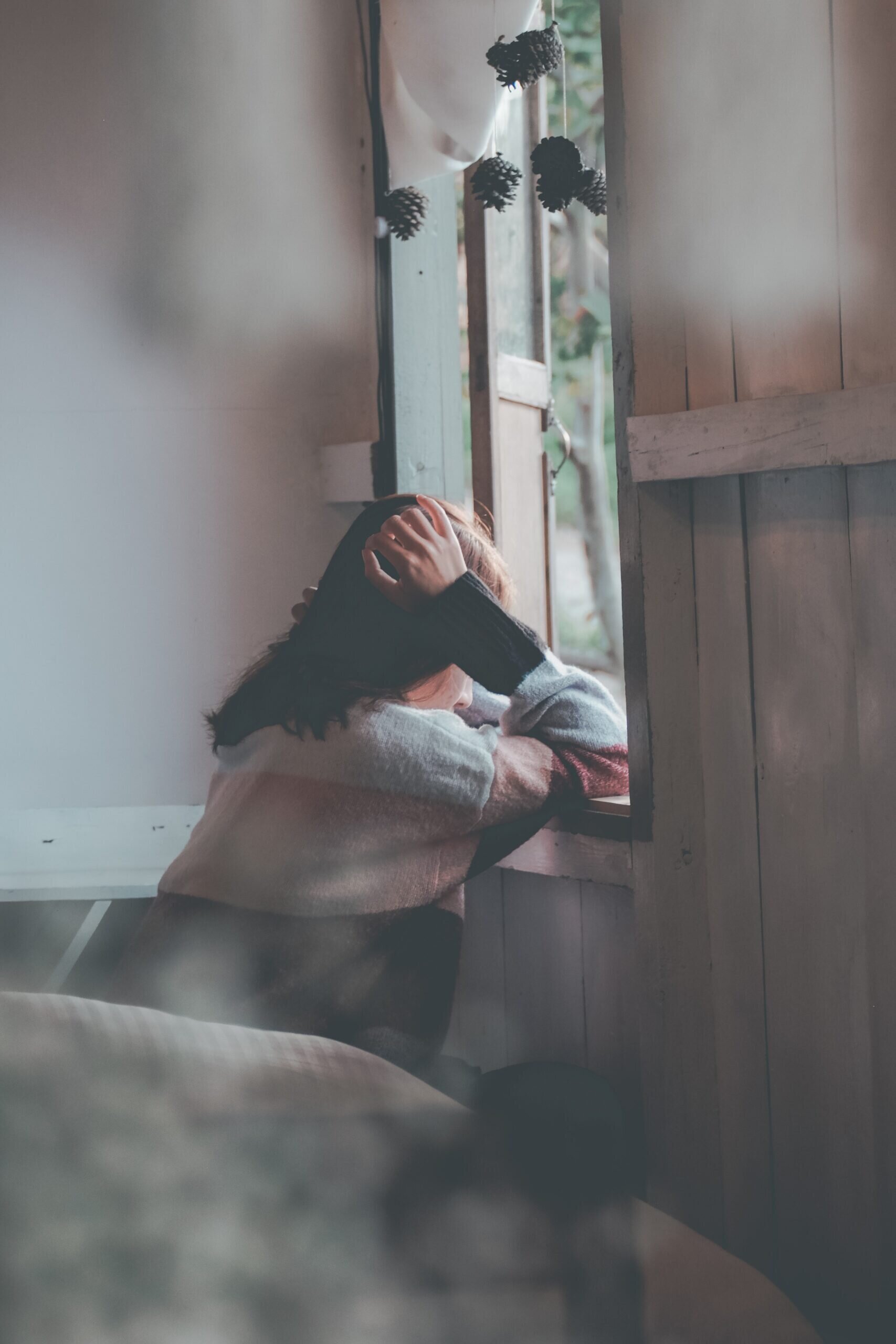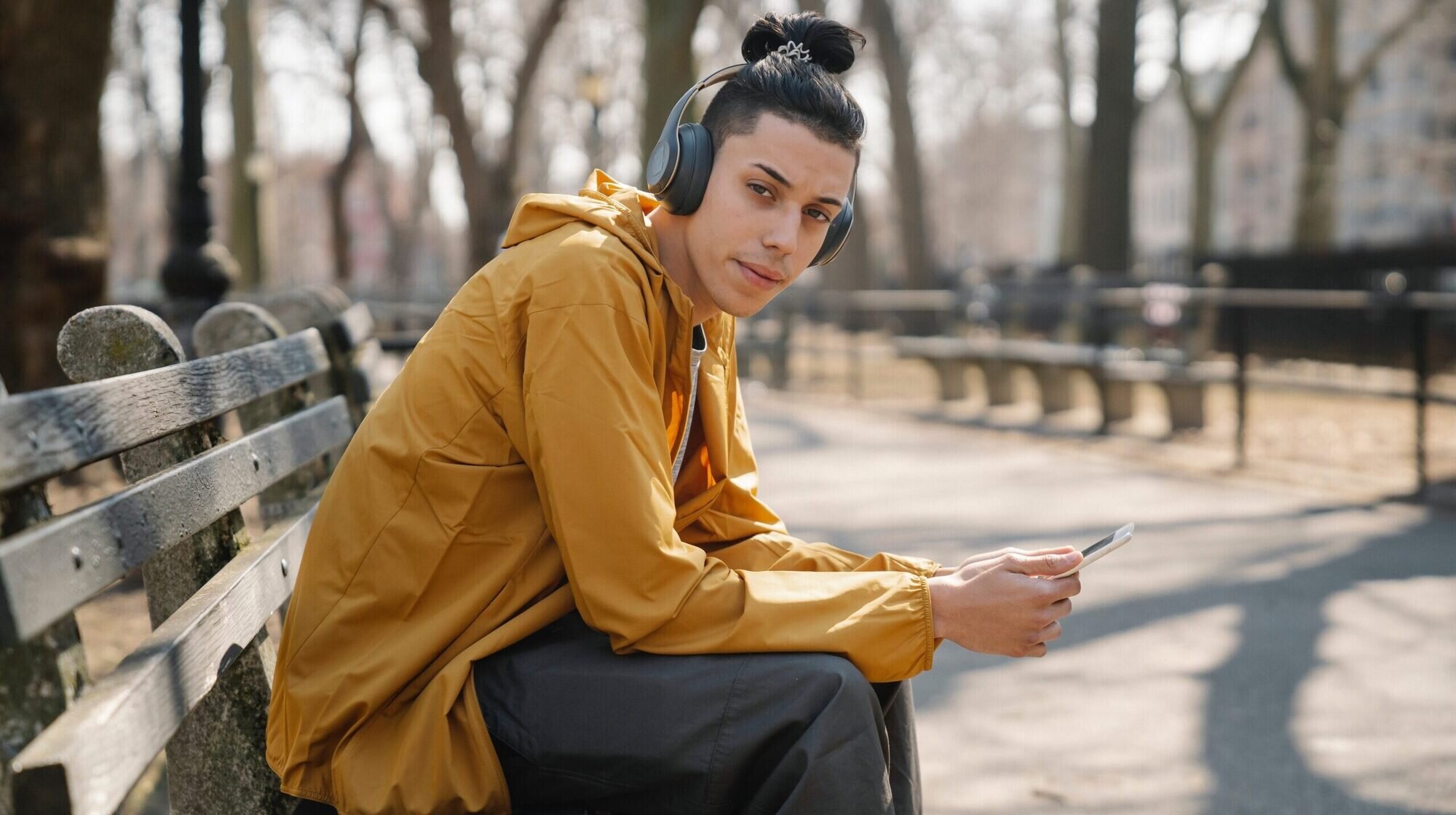What you can expect
We all need meaningful contact with other people to feel safe, loved and cared for. When we don’t have this, it is normal to feel lonely.
Loneliness is sometimes described as being alone when you don’t want to be or feeling alone even when you’re surrounded by others. Everyone will have experienced this differently.
Sometimes we like being by ourselves – this is different to loneliness as this is choosing to spend time alone.

What causes loneliness?
There are many different causes for loneliness – it will vary for everyone.
Sometimes we may not understand why we feel lonely.
You may be more likely to feel lonely if you:
- Have no friends or family
- Care for someone else
- Live in an area without other people from a similar background to you
- Can’t participate in social activities because of a shortage of money
- Experience discrimination because of things like your gender, race or sexual orientation
- Have experienced physical, mental or sexual abuse – you may find it harder to form close relationships with other people

Certain life events may make someone feel lonely:
- Moving to a new place without family or friends
- Starting a new school or going to university
- If someone close to you dies
- A relationship break up
- Falling out with friends, or just growing apart
- Caring for a family member
- Other people feel lonely at certain times of the year.
Social media and loneliness
Social media and technology can also cause loneliness.
While social media can help us to make new friends and meet people who share our interests, it cannot replace real face to face contact and interaction.
If it does, it can be isolating and make us feel more lonely.
What can I do?
It is completely normal to feel lonely – we all feel this way at some point in our life.
Feeling lonely is not a mental health problem, but there is a link:
- Feeling lonely can affect your mental health
- Facing challenges with your mental health can make you feel lonely
The Children’s Society have a list of tips on how to cope with and overcome loneliness:
Try to reach out to someone you haven’t spoken to in a while. This could be as easy as a quick message or comment on social media.
Sometimes we feel as though we know a lot of people, but we don’t feel very close to them.
You may find it helpful to open up about how you feel to a friend or family member. You could also speak to another adult you trust, such as a school nurse, teacher or GP.
If you don’t feel comfortable opening up to someone you know, you could try calling Meic Cymru.
Try writing down or drawing how you are feeling. How do you feel afterwards?
This might help explain your feelings if you talk to someone else.
Being outside and seeing other people can help you feel better.
Take time to notice the sights, sounds and smells that you experience. You might see something new or run into someone you know.
Getting stuck into a new project or hobby is a great way to keep your mind busy and meet people who like the same things you do.
You could ask someone you know to show you what they enjoy doing or check out YouTube for ideas.
Volunteering your time can be a great way to:
- learn a new skill,
- feel good about yourself, and
- meet people passionate about the same things as you!
Feeling lonely can affect your wellbeing, which can make it more difficult to try and make changes to your life.
Look at our self-help pages for advice.
Helpful resources
Resources on tackling loneliness

